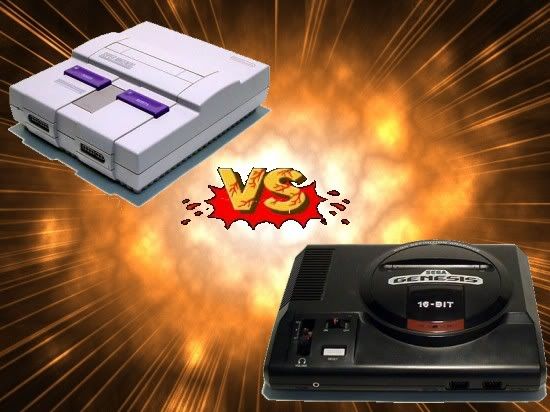It's because we are americans [....] We are a war like people. We fetishize war.
Bingo. The practical utility of the metaphor that others have highlighted is certainly part of the story, but American culture also plays a part in its penchant for such metaphors.
That American culture is basically warlike (as opposed to explaining the nation's near-constant state of war with reference to extrinsic or structural factors) is now something approaching conventional wisdom. Robert Kagan, darling of both the Republican and Democrat establishments, recently
acknowledged as much:
So even as the American people tire of one war, they’re getting ready for the next one [...] if this system is warlike, it’s [a] tendency that flows from the public.
This account is somewhat simplistic in that ignores the means by which American public opinion is
shaped -- a process involving almost exclusively establishment, vested, and moneyed interests -- but it can at least be said that Americans are unusually
receptive to the rhetoric of war.
Explaining why this is so is something folks could write entire books about, and indeed several
have been written. Many would point to America's national origins in conflict (against the British that is, the natives are unlikely to get a look-in here) and it seems unlikely that the firearms ownership rate is an entirely unrelated phenomenon.
Perhaps less obvious is American preponderance itself: there is in the modern American experience no reason
not to embrace war. War in the modern American experience is something that produces benefits (in that presumably the conflict serves American interests) without obvious costs. One could argue that many of America's wars (and "wars") have failed, but the question is
whom have they failed? Objectively the War on Drugs may be a total disaster, but who is it a disaster
for? Certainly not the politicians who instituted and maintain it, the agencies that prosecute it or the industry that supports them. Nor for the social classes that support those policies. And of course this applies more broadly: see Eisenhower, military-industrial-congressional complex, etc. The American people may suffer under wars and "wars", but America does not. All of which goes to support
Data Holmes' point.
The other point that induced me to post here was the inclusion by the OP of the 'War on Drugs' on the list of things that [implicitly] aren't really wars. The War on Drugs is a war: ask Latin America. Or US Congressman Charles B. Rangel (D) whose 1988 New York Times
op-ed could be considered a monument to the power of war rhetoric (both emotive and literal) in mainstream American political discourse. Excerpt:
If we really want to do something about drug abuse, let's end this nonsensical talk about legalization right now.
Let's put the pressure on our leaders to first make the drug problem a priority issue on the national agenda, then let's see if we can get a coordinated national battle plan that would include the deployment of military personnel and equipment to wipe out this foreign-based national security threat.
So, yeah: war!









